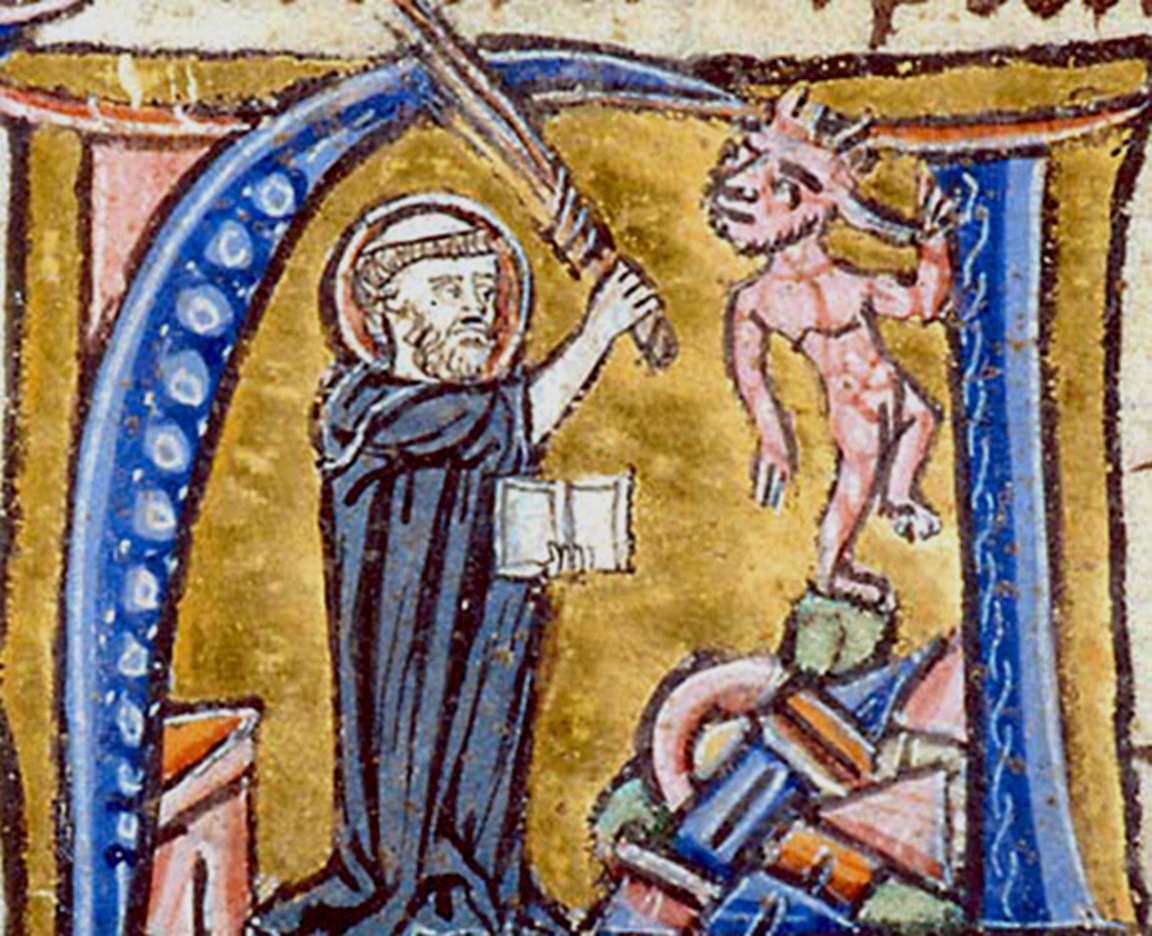
The Talented, The Well-Born, The Well-Educated Do Not Deserve Special Privileges: Pelagianism’s Influence on American Political Philosophy
“Perhaps the most eloquent contemporary statement of Pelagian freedom appears in an opinion from the United States Supreme Court, in a passage written by former Justice Anthony Kennedy. In 1992, in a case called Casey v. Planned Parenthood of Southeastern Pennsylvania, he wrote this: “At the heart of liberty is the right to define one’s own concept of existence, of meaning, of the universe, and of the mystery of human life.”
It’s the Pelagian vision. Liberty is the right to choose your own meaning, define your own values, emancipate yourself from God by creating your own self. Indeed, this notion of freedom says you can emancipate yourself not just from God but from society, family, and tradition.
The Pelagian view says the individual is most free when he is most alone, able to choose his own way without interference. Family and tradition, neighborhood and church—these things get in the way of uninhibited free choice. And this Pelagian idea of freedom is one our cultural leaders have embraced for decades now.
But here’s the paradox. For all the big talk about individual freedom, Pelagian philosophy has made American society more hierarchical, and it has made it more elitist.
This is no accident. Pelagius himself was most popular with the old senatorial families of Rome—the wealthy, the well-connected. The aristocrats. They were his patrons. And why? He validated their privilege and their power.
Because if freedom means choice among options, then the people with the most choices are the most free. And that means the rich. And if salvation is about achievement, then those with the most accolades are righteous, and that means the elite and the strong. A Pelagian society is one that celebrates the wealthy, prioritizes the powerful, rewards the privileged. And for too long now, that has described modern America.”
There is a seriously good essay by Joshua Hawley on modern-day American Pelagianism in Christianity Today; the above passage is an excerpt.
For those who don’t know, Pelagius was a heretic condemned by the Church at the Council of Ephesus (but, as pointed out above, he was supported by Roman elites probably because his philosophy validated their privilege and power) for his teachings that one could emancipate themself from familial, societal, ecological, and ecclesial relationships (and even from God!), through ones own personal, liberatory, and meritocratic deeds. As much as I do tend to argue with…Calvinists, for instance…about how Orthodoxy has always been a wide stream with multifarious and diverse beliefs when they throw around the H-word willy nilly and accuse people from different flavors of Christianity of not being “Christian,” cases like this make it extremely hard to not be sympathetic with the Othodox council.
The parallels Hawley makes between Pelagianism and modern-day, rugged, rapacious, American individualism and meritocracy (e.g. Ayn Rand style libertarianism), and the subsequent implications of the warped philosophy, are eye-opening to say the least. Even the whole notion of individual salvation apart from the Church, famously espoused by Evangelical Christianity (a personal relationship with Jesus) is quite a deviation from the Orthodox teaching of extra ecclesiam nulla salus (apart from the Church there is no salvation). It does seem reasonable to consider the idea of “individual salvation” apart from the Church as a heretical and uniquely Modern and American Evengelical invention…the doctrine of “all salvation comes from Christ the Head through the Church which is His Body” is still in the Catholic and Orthodox catechism I believe, as well as in many mainline protestant catechisms, and it seems to imply that Christian salvation is fundamentally social in nature. Obviously, I as an ecumenical Christian, and religious naturalist (a panentheist), interpret “His Body” to mean the natural world and everything in it, but this still puts me at odds with an atomist individualist mindset.
Anyway, I completely agree with Hawley that Pelagius fundamentally misunderstood the Cross. “The Cross,” Hawley writes, “announces the weakness and need of every person. And that means it excludes the boasting and the pride of the few. […] The Cross says the talented, the well-born, the well-educated do not deserve special privileges. They are not more valuable than anyone else. The call of God comes to every person and the power of God is poured out on all who believe.” Amen.

0 Comments